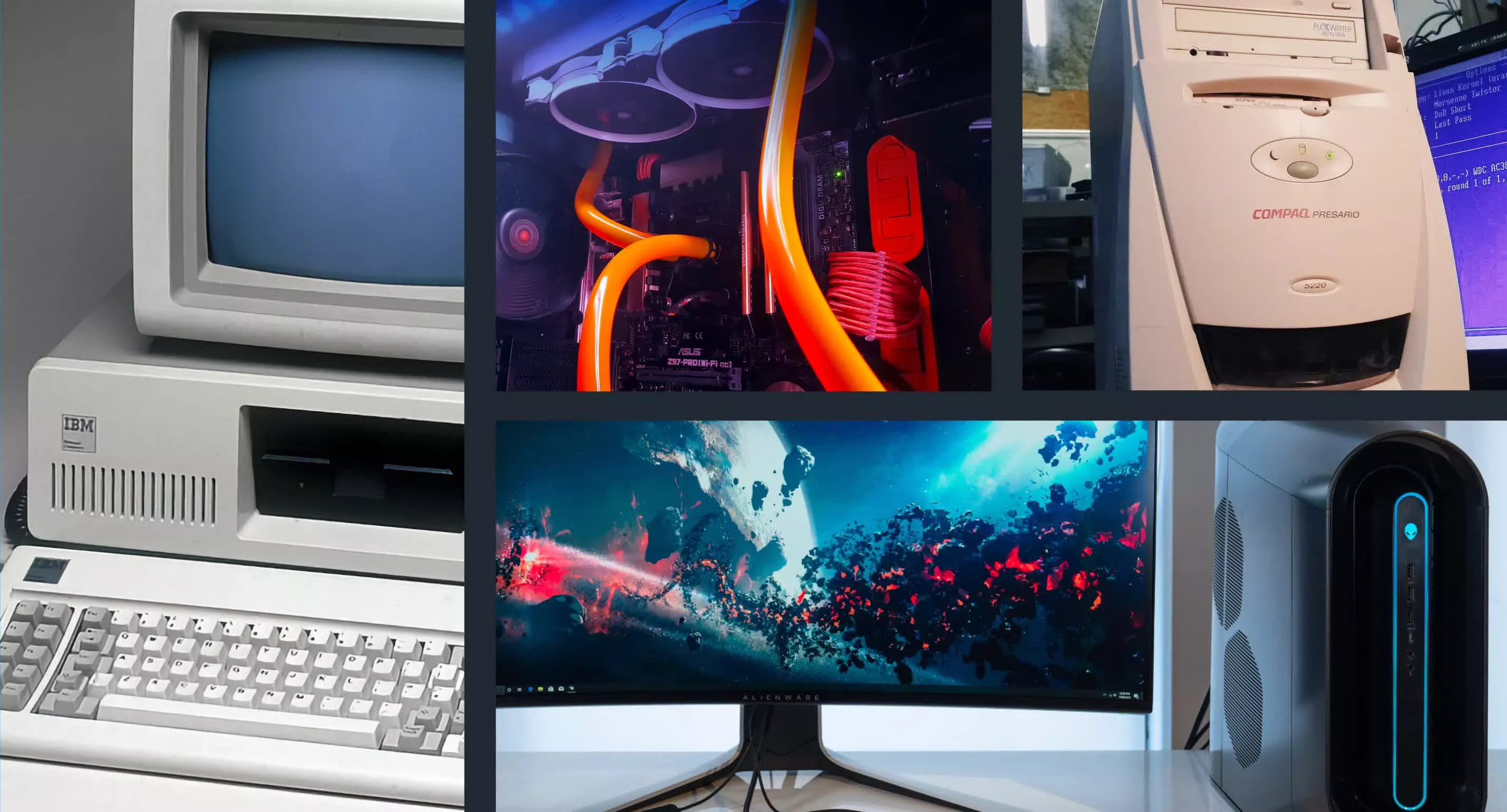You might want to see what those sticks are selling for now, you might still get a minor fortune for them. Pricing on this older hardware is starting to get insane (as I suppose people want to set them up for retro gaming but the supply of parts is finally drying up..). Oddly I priced out the 500GB IDE HDD I have, the going rate is like $50, but the smaller IDE drives are going for like $150 a pop (I've got about 8 of them and I think it may be time to sell... well I had about 15 of them but when I plugged them in for testing about half of them had croaked). When I saw just about any ISA cards (like even some random sound card, or a 1MB VGA card) are going for like $250 a pop, I went to dig out my box of like 10-15 cards, but couldn't find them... I think I may have recycled them 4 or 5 years back.. Ahh well.
Edit: It's kind of reminding me of the situation with VCRs, I just assumed you'd be able to find cheap used ones indefinitely since they were churned out by the millions, but in fact they are getting more rare and costly too, about $250 used. Luckily when a relative wanted a tape digitized late last year, the VCR I had stored away for about 13 years, it was all stiffened up but after about a half hour of hitting fast forward and rewind it actually loosened up and started working fine. The old Athlon XP SFF computer with an old version of gentoo and video capture card I'd stashed away with it worked too, although it had a dead clock battery. It showed a previous login of some time in 2009, that's how I know it was all stored away for a bit over 13 years.
(I do have about a dozen Model Ms though... I got some when I worked at University Surplus for like $1 apiece about 20 years back. I might sell off some of those too... I thought I'd need some for spare parts, but considering my "daily driver" is 36 years old (manufacturing date is like Feb. 1987) and it doesn't even show any signs of wear, I'm thinking I don't need so many spares.)
If I remember correctly, when I dismantled the MMX system it had 48 MB of RAM installed (I remember I planned to take it to its max 96MB although it didn't really gain much, if any, in performance), and the 5x85 had 32 MB, I think. It really seems to me that back then the memory sticks came easily to my hand. I will upgrade the 486 motherboard cache to 512KB (from 256KB) with chips salvaged from another identical one.
mmm, about the RAM. I did some research, I saw the average prices and I did the math. all in all I think I have more than 600 USD worth of memory sticks. I cant believe 32MB 72 pins FPM sells for twice as much as a 256 MB PC133 SDRAM . the older 30 pins are a lot cheaper, like half, pennies in comparison (I also have these other two types). It is seen that the most sought after are the 72-pin ones, apparently there is a lot of interest in the hardware of this period.
Yep, I have several IDE HDDs, but first I want to try the older ones to see what I have on them. I don't think I find much forgotten, because I keep almost everything over time, at least the most important thing, I maintain a backup system. Also, my file and folder structure has stayed very similar for the last 25 years. I'm interested in the oldest HDD I have, a 150 MB one that had so many problems that I had to use it in DOS without loading anything extra, just pure COMMAND.COM.
I also want to try my old Epson LX-250, I have to re-ink the print ribbon. The last time it printed anything was about 15 years ago, as a test before putting it into storage.
Anyway, I've got DosBox and PCem up and running to relive those times, but it's not the same as running things on the original time correct hardware.
Since you mention VCRs, too bad years ago I lost some equipment and parts in a small fire in my garage, caused by a spark that flew through a window while I was welding some bars. I at least salvaged all the parts I could for other repairs and projects. In that fire I lost a beautiful Sony Beta/BetaMax player (partially made of wood or its imitation). I still have a tape but I don't remember what was recorded on it. Someday I'll look for someone who has a player to make a capture, if it's worth it. I lost the Beta player but the VHS survived.
EDIT: nice. I have another PSU that I thought was bad, but it works! and the one that I thought was the good one, is the one with problems! LOL! . Apart from a good cleaning, I did an exchange of parts between the two, improving the functional PSU. the voltages and currents are excellent. Incredible for a 25 year old PSU (although it hasn't been used for more than 15). Now I can continue with the project
